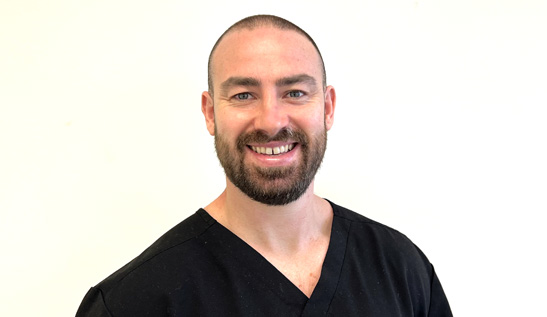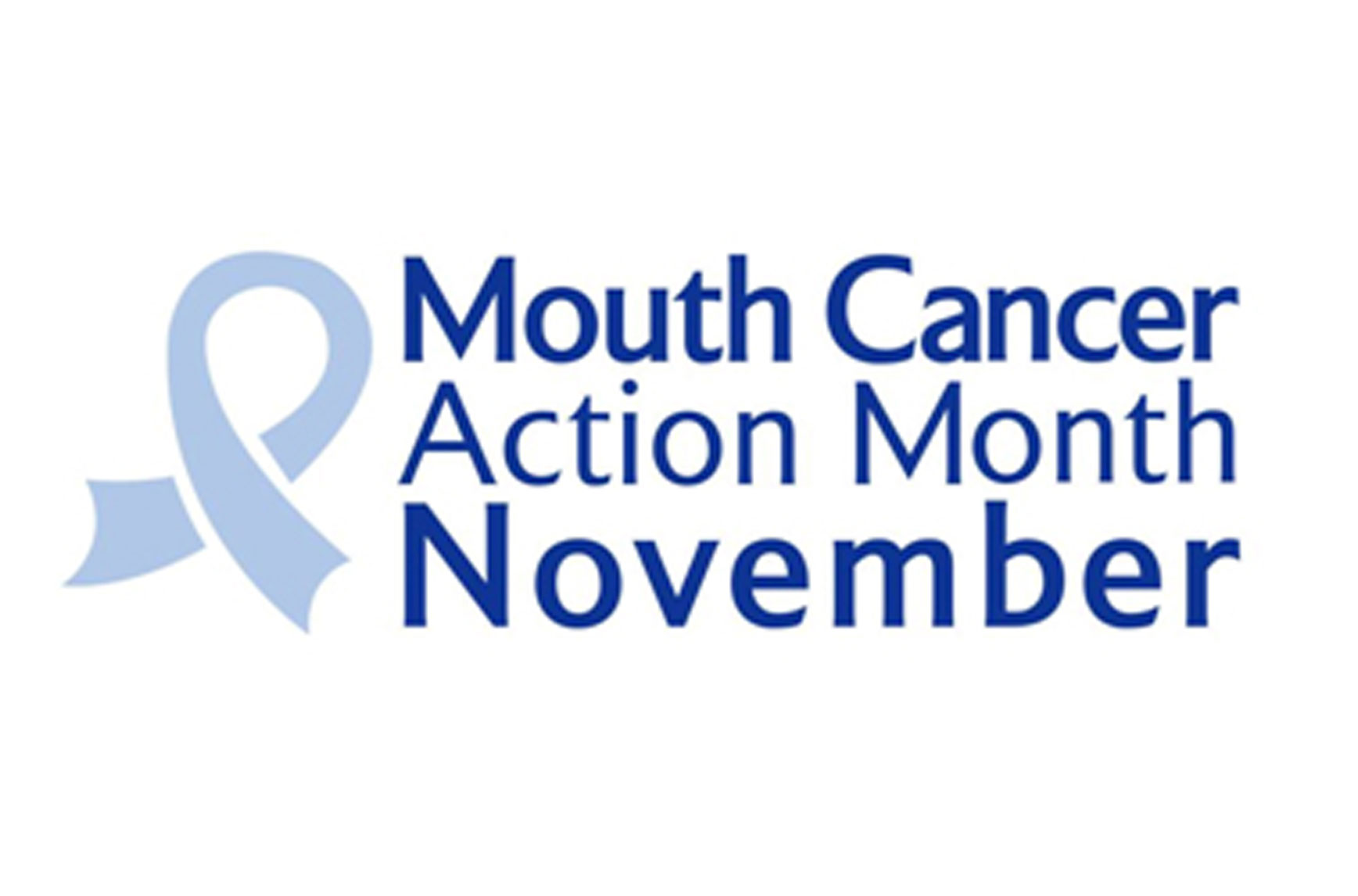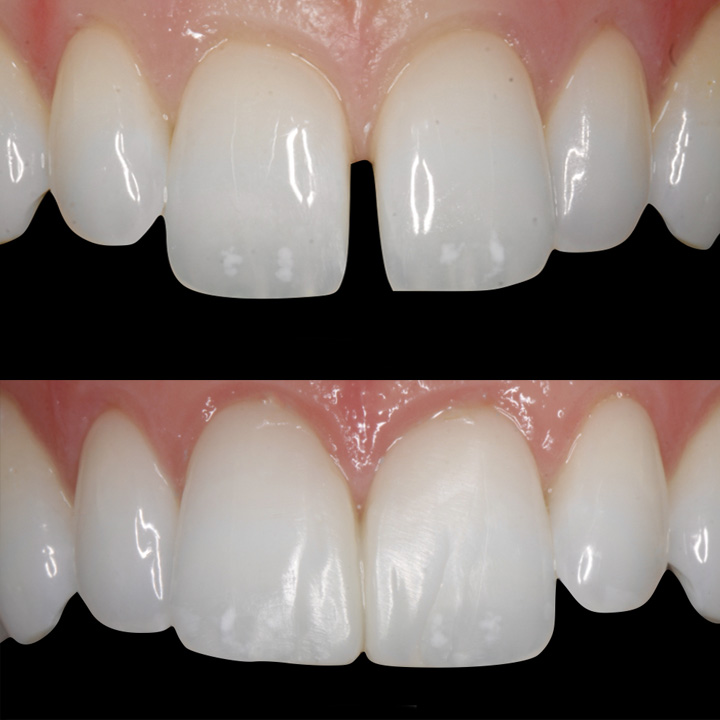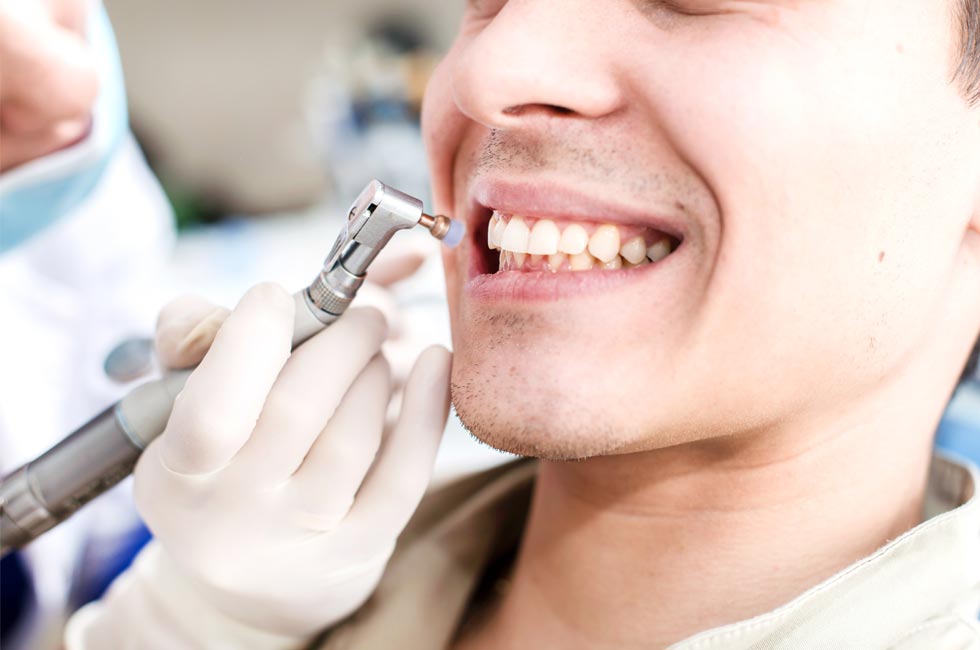
Do you need help with dental costs?
Prevention at home can help with dental costsThey say that ‘prevention is better than cure’ and this is certainly true in dentistry. Our lifestyles and in particular what we eat and what we drink, can have a huge impact on our teeth.

It is not feasible to avoid all sugary or acidic food and drinks, but it is better to try and stick to meals rather than snacking throughout the day as this feeds plaque bacteria rather than allowing your saliva to neutralise the effects after a meal. Whilst fruit juices contain lots of valuable vitamins and minerals, try and drink them with a meal rather than sipping them over a longer period. Carbonated drinks often contain a lot of sugar and can be very acidic too.
We don’t think that many people will be surprised a this next piece of advice… Brush and floss regularly. Try and consider when you brush though as it is important if your have been eating or drinking items that soften your dental enamel (incl. fruit juices, fresh juices, alcohol) that you don’t brush too soon afterwards. It’s better to let your saliva work first for at least half an hour before brushing.

You might expect a dental practice to try and sell you a fancy ‘all singing and dancing’ electric toothbrush. There are indeed many out there then can cost hundreds of pounds. Well we don’t. The quality of the toothbrush / the toothbrush head, your technique, how often you brush and how frequently you change your toothbrush is more important in our opinion.
We’re all guilty of realising one day at the sink that our toothbrush has worn out, it’s bristles are splayed and it has lost all its firmness. Try and keep a spare so you can swap over. As an estimate we’d suggest around three months is about when you should be changing brush.
Electric or Manual Toothbrush?
We see plenty of dental patients at FHDC who use a manual toothbrush and have excellent oral health. This is the most cost effect way of brushing. Many people though prefer the convenience of an electric tooth brush with a replaceable head. These can be battery powered or rechargeable. We like heads that ‘oscillate’ i.e. quickly move from side to side as this effectively creates an extremely fast brushing motion. We also like electric toothbrushes that have a built in timer to help you know when you have brushed for 2 minutes. You can even download an app for your phone that can help you. Brush DJ was developed by Leeds University Dental School dentist Dr Ben Underwood just for this purpose. It can be downloaded from your app store.

We recommend brushing first thing in the morning before you eat or drink anything for two minutes and again last thing at night before going to bed.
What about flossing?
Yes, regular flossing is important. Whilst it would be great if everyone flossed everyday. We know that this doesn’t always happen. Try and keep your dental floss visible and this will hopefully prompt you to floss more frequently.

Not everybody finds it easy to floss. After all it can be quite fiddly, especially reaching your difficult back teeth. If this is the case we recommend using dental floss picks. These look like mini catapults that are preloaded with dental floss. They are much easier to use that floss for some people.

Interdental brushes are also useful for removing food and debris that can become stuck between your teeth.
Enter ‘The Professionals’
Well done if you have adopted all of the above techniques and habits into your personal dental routine. You are giving yourself a fighting chance of keeping your teeth, mouth and gums healthy.
Don’t panic or worry through if you haven’t. This is where the professionals have a very important role to play. We understand that not everybody is motivated and that good habits can often take time to develop.
Most people can tell when they haven’t been effective with their oral care routine. The signs will be there. You may have bad breath. There may be discolouration or teeth staining. You may see plaque and calculus has started to build up on your teeth. This is where the dental professionals need to help you as if not resolved, it could lead to tooth decay and then costly dental treatment.
There are two options…
The first is to book a Direct Access Dental Hygiene Appointment if you are fairly confident that you just need a thorough clean using professional dental equipment by a trained dental hygienist. They can see your mouth in a way that you cannot in the bathroom mirror and they know how to provide you with a thorough clean (sometimes known as a scale and polish). For some people a ‘quick blitz’ dental hygiene appointment is enough every so often. Lot’s of people though choose to book regular appointments for a dental hygiene clean every few months.
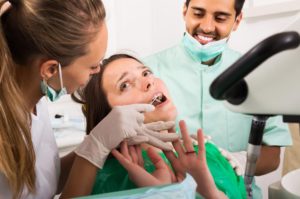
The second option is to register with a dentist. They too can provide a clean, but they will also be able to carry out a thorough dental examination to check if any problems such as tooth decay have developed. Don’t worry. Even if problems are there, most can be solved fairly easily. The important factor is to try and maintain regular dental check ups with a dentist so that small problems can be identified and fixed before they turn into something that may cause you toothache and may be costly to fix.
We can help with dental costs with our monthly dental plan. If you have read this and you are looking for a new dentist in Leeds, please visit our register with us page here. This can inform you how much it costs to book a new patient consultation and the benefits of becoming a member of Far Headingley Dental Care.




